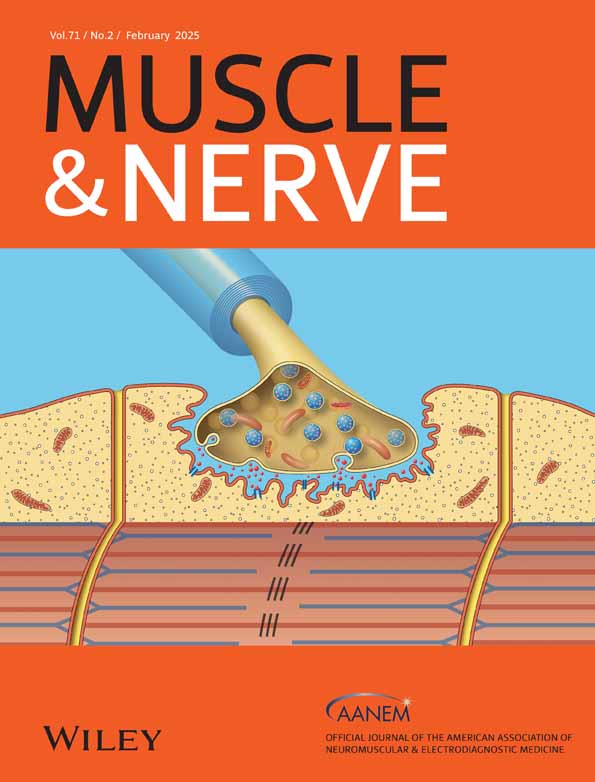Prevalence of Pathogenic Transthyretin Gene Variants in the Rocky Mountain Region
Funding: The authors received no specific funding for this work.
The authors of the group given in Appendix A.
ABSTRACT
Introduction/Aims
Hereditary transthyretin amyloidosis (ATTRv) is a genetic condition caused by pathogenic variants in the transthyretin (TTR) gene resulting in multisystem amyloid deposition, especially in peripheral nerve and heart. Information on the prevalence of ATTRv in the United States is limited. The objective of this study was to understand the prevalence and genetic ancestry in the Val142Ile population in a large regional US population.
Methods
Colorado Center for Personalized Medicine (CCPM) biobank collects specimens from consenting adults seen throughout the University of Colorado Health System, a large tertiary healthcare system within the Rocky Mountain Region (RMR). Single nucleotide polymorphism (SNP) array genotyping and whole exome sequencing (WES) were performed for genetic research. Prevalence of TTR variants was studied.
Results
A total of 73,346 participants had genetic testing; 151 (0.21%) individuals had a pathogenic or likely pathogenic TTR variant. The most common variant was Val142Ile, making up 82.61% of TTR variants found. Over four percent of people with African non-Hispanic ancestry had a Val142Ile variant.
Discussion
The most common TTR variant in our study was Val142Ile, the most common variant in the United States (US). Similar to other US-based studies, affected individuals were predominantly of African, non-Hispanic ancestry. The availability of treatments for symptomatic ATTRv patients raises opportunities and challenges for biobanks as the identification of at-risk individuals places pressure on highly specialized centers and providers to see patients for screening and follow-up.
Conflicts of Interest
Dianna Quan, MD has received support from, and/or has served as a paid consultant for Alnylam, Ionis, Pfizer, Astra Zeneca, and BridgeBio. The remaining authors have no conflict of interest.
Open Research
Data Availability Statement
The data that support the findings of this study are available on request from the corresponding author. The data are not publicly available due to privacy or ethical restrictions.




